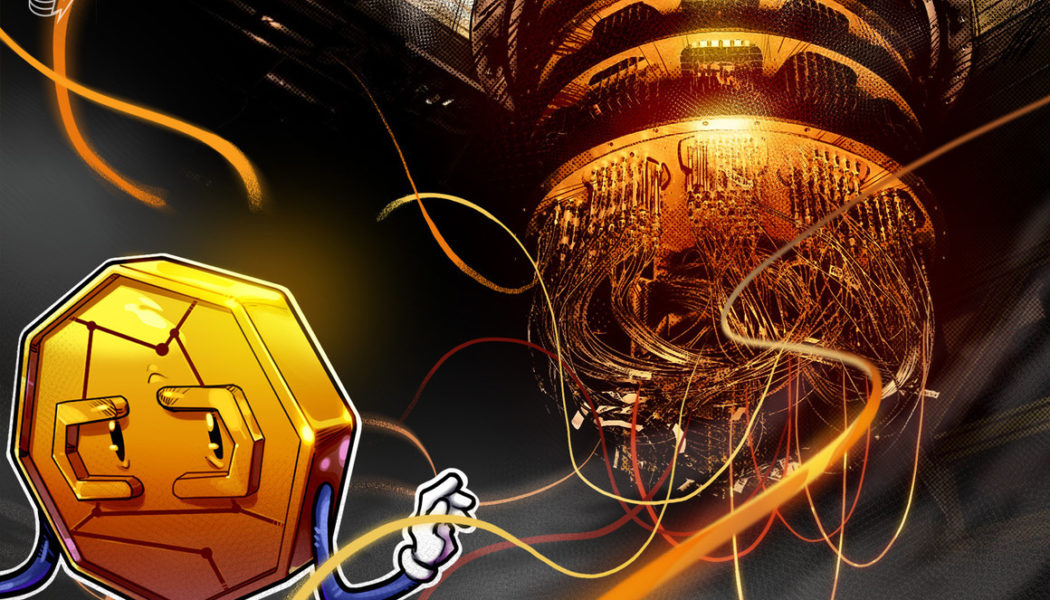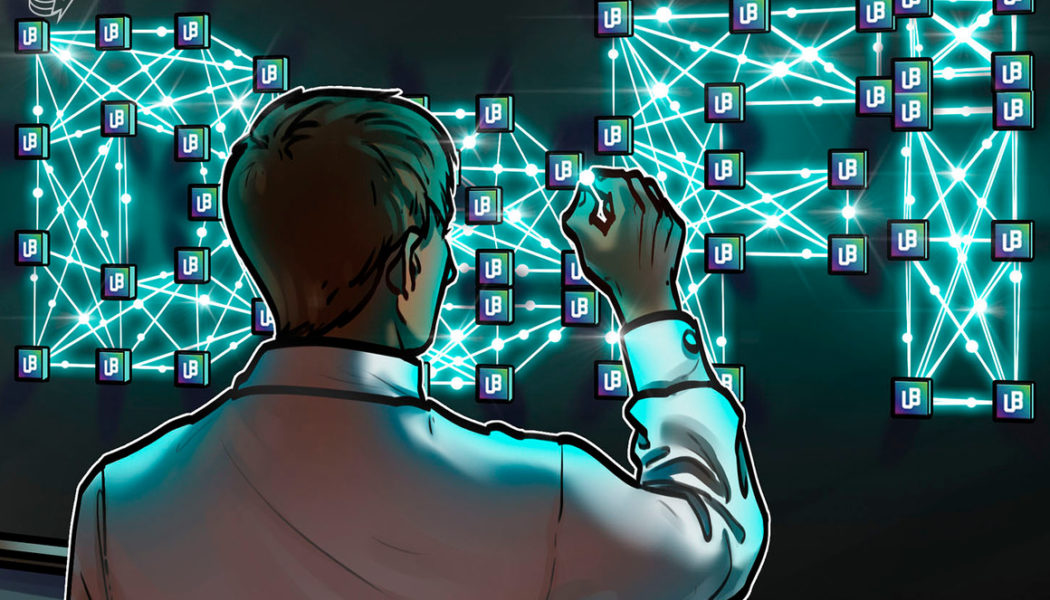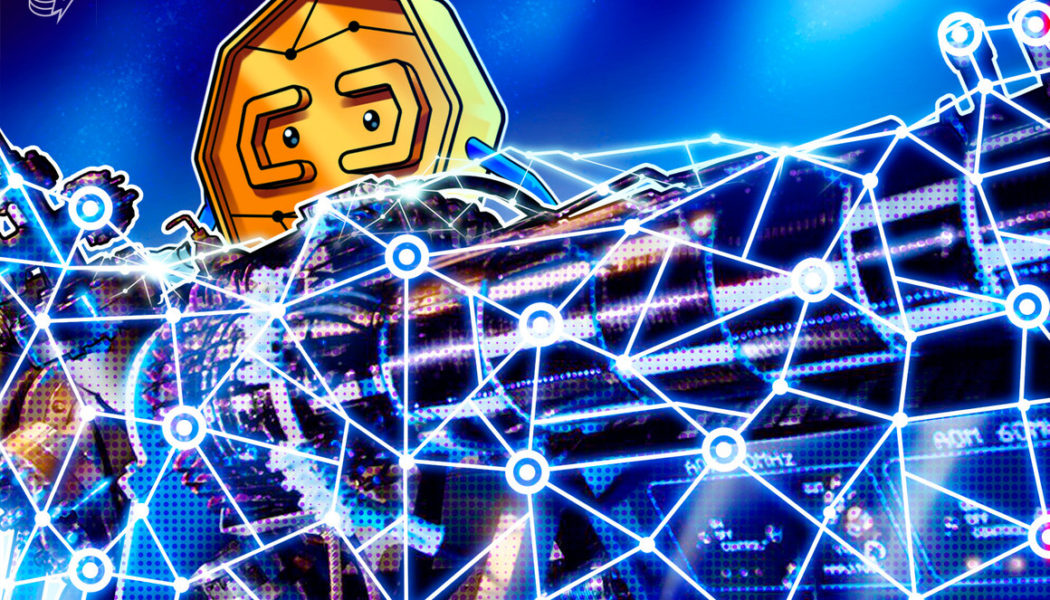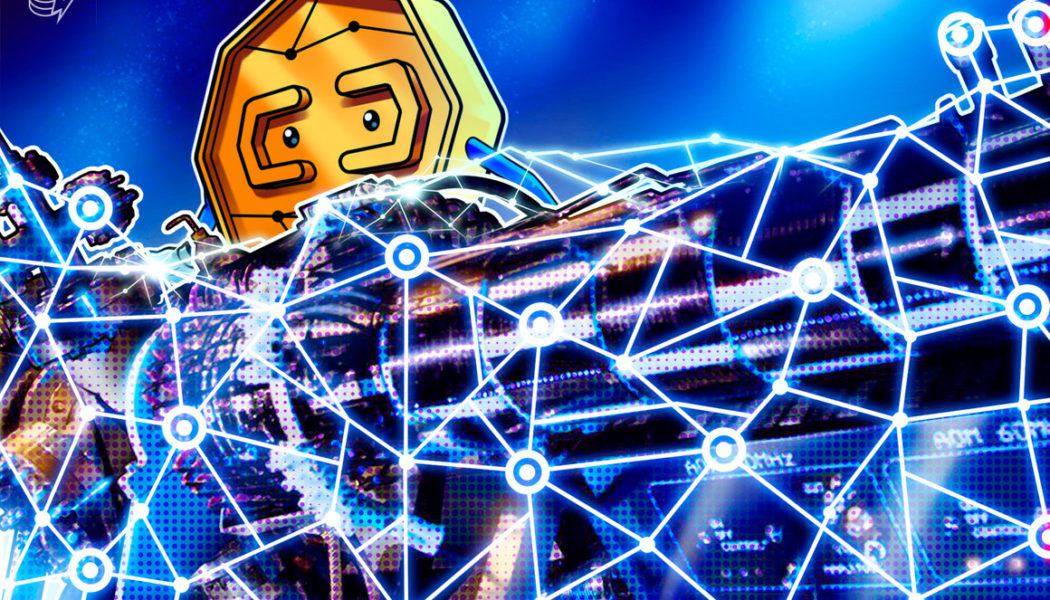Quantum computing
Why quantum computing isn’t a threat to crypto… yet
Quantum computing has raised concerns about the future of cryptocurrency and blockchain technology in recent years. For example, it is commonly assumed that very sophisticated quantum computers will one day be able to crack present-day encryption, making security a serious concern for users in the blockchain space. The SHA-256 cryptographic protocol used for Bitcoin network security is currently unbreakable by today’s computers. However, experts anticipate that within a decade, quantum computing will be able to break existing encryption protocols. In regard to whether holders should be worried about quantum computers being a threat to cryptocurrency, Johann Polecsak, chief technology officer of QAN Platform, a layer-1 blockchain platform, told Cointelegraph: “Definitely. Elliptic curve sig...
BIS to launch market intelligence platform amid stablecoin, DeFi collapse
The Bank for International Settlements (BIS) Innovation Hub announced the launch of a new set of projects targeting various aspects of traditional and crypto payments — including a cryptocurrency market intelligence platform and security for retail central bank digital currency (CBDC). BIS’s cryptocurrency market intelligence platform will be launched under the Eurosystem Centre initiative, which aims to provide vetted data about crypto projects. One of the key drivers for the project’s commencement is the collapse of numerous stablecoins projects and decentralized finance (DeFi) lending platforms such as Terra (LUNA) and Decentralized USD (USDD). As explained in the official announcement: “The project’s goal is to create an open-source market intelligence platform to shed light on m...
Quantum-based random number generator for Web3 games and wallets launched
Researchers at Australia National University have teamed up with blockchain oracle provider AP13 to launch the first Quantum Random Number Generator (QRNG). The joint effort will allow Web3 entities to access a completely unpredictable random number generation system that is highly secure and free to use. Random number generators are not new, but the QRNG system is the first of its kind to generate a random number using quantum mechanics. This provides the first genuinely random number mechanism beyond the pseudo-mathematical systems currently used that may be biased or repeated. There are several traditional applications for random numbers, such as gambling and lotteries, sports and competitions, and sampling and statistics. As more organizations look to embrace the world of Web3, a tampe...
Quantum computing to run economic models on crypto adoption
By many accounts, quantum computing (QC), which uses atomic “spin” instead of an electrical charge to represent its binary 1’s and 0’s, is evolving at an exponential rate. If QC is ever realized at scale, it could be a boon for human society, helping to improve crop yields, design better medicines and engineer safer airplanes, among other benefits. The crypto sector could profit too. Just last week, for instance, a Bank of Canada-commissioned project simulated cryptocurrency adoption among Canadian financial organizations using quantum computing. “We wanted to test the power of quantum computing on a research case that is hard to solve using classical computing techniques,” said Maryam Haghighi, director of data science at the Bank of Canada, in a press release. But, othe...
Quantum computing firm simulates adoption of crypto payments
Multiverse Computing, a quantum computing firm with offices in Canada and Spain, has partnered with the Bank of Canada to run simulations on how the adoption of cryptocurrency might proceed as a payment method. In a Thursday announcement, Multiverse Computing said it used its equipment as part of a proof-of-concept project with the Bank of Canada to generate examples of how non-financial firms may end up adopting crypto. The quantum simulations used scenarios with 8 to 10 financial networks with more than 1.2 octillion possible configurations. According to the firm, it was “important to develop a deep understanding of interactions that can take place in payments networks” to understand how companies may adopt different forms of payments. The simulations suggested crypto payments may end up...
JPMorgan unveils research on quantum resistant blockchain network
U.S. banking giant JPMorgan Chase has unveiled research on a Quantum Key Distribution (QKD) blockchain network that is resistant to quantum computing attacks. QKD utilizes quantum mechanics and cryptography to enable two parties to exchange secure data and detect and defend against third parties that are attempting to eavesdrop on the exchange. The technology is seen as a viable defense against potential blockchain hacks that could be conducted by quantum computers in the future. According to a Feb.17 announcement, JPMorgan collaborated with Toshiba and Ciena to deploy and test the QKD blockchain. “At this time, QKD is the only solution that has been mathematically proven to defend against a potential quantum computing-based attack, with security guarantees based on the laws of quantum phy...













